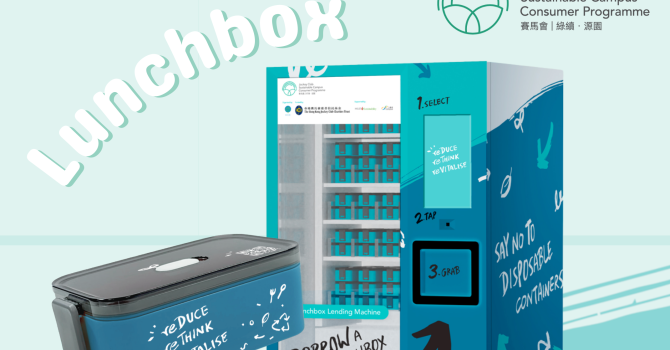HKUST Among the Top 30 Business Schools with Positive Impact
The HKUST Business School is featured as one of the top 30 schools in the first edition of the Positive Impact Rating (PIR) conducted by a non-profit association in Switzerland, with the support of international student organizations and non-governmental organizations.
The PIR aims to support a fundamental change in the business school landscape with regards to the schools’ societal responsibility and impact. It offers students a tool to select an education that prepares them as responsible citizens and change-makers in the 21st-century.
It is the first time that students around the world assess the positive impact of their business schools. The PIR Association compiled from the responses around the world of more than 2,400 students, and they were asked to rate the impact of their schools in three major areas - energizing, educating, and engaging. The positive impact of business schools goes beyond their contribution to business and the economy and it addresses the need for their positive impact for society.
Of the top 100 business schools surveyed, 30 have received positive recognition including the HKUST Business Schools or one of the two in Asia, the University of California at Berkeley (Haas School of Business), and the London Business School.
“At HKUST, we work hard to foster a caring culture and encourage our students to contribute to the betterment of society,” Prof. TAM Kar Yan, Dean of HKUST Business School. “The recent new coronavirus outbreak underscores the importance of CSR, sustainability and corporate ethics in our business education. The Positive Impact Rating is a new addition of our recognition that reaffirms the School’s global standing as a force for socio-economic advancement and its commitment to make the world a better place for all.” Among the sharing from students in the survey, there are expectations that the schools should start making sustainability and social impact training mandatory in curricula, reducing carbon emission and food waste, and not treating sustainability and social entrepreneurship as second-class topics.
The Positive Impact Rating was announced at the World Economic Forum in Davos earlier this year. Its activities have been endorsed and supported by WWF Switzerland, OXFAM, and Global Compact Switzerland. For more details about the PIR, click here.


